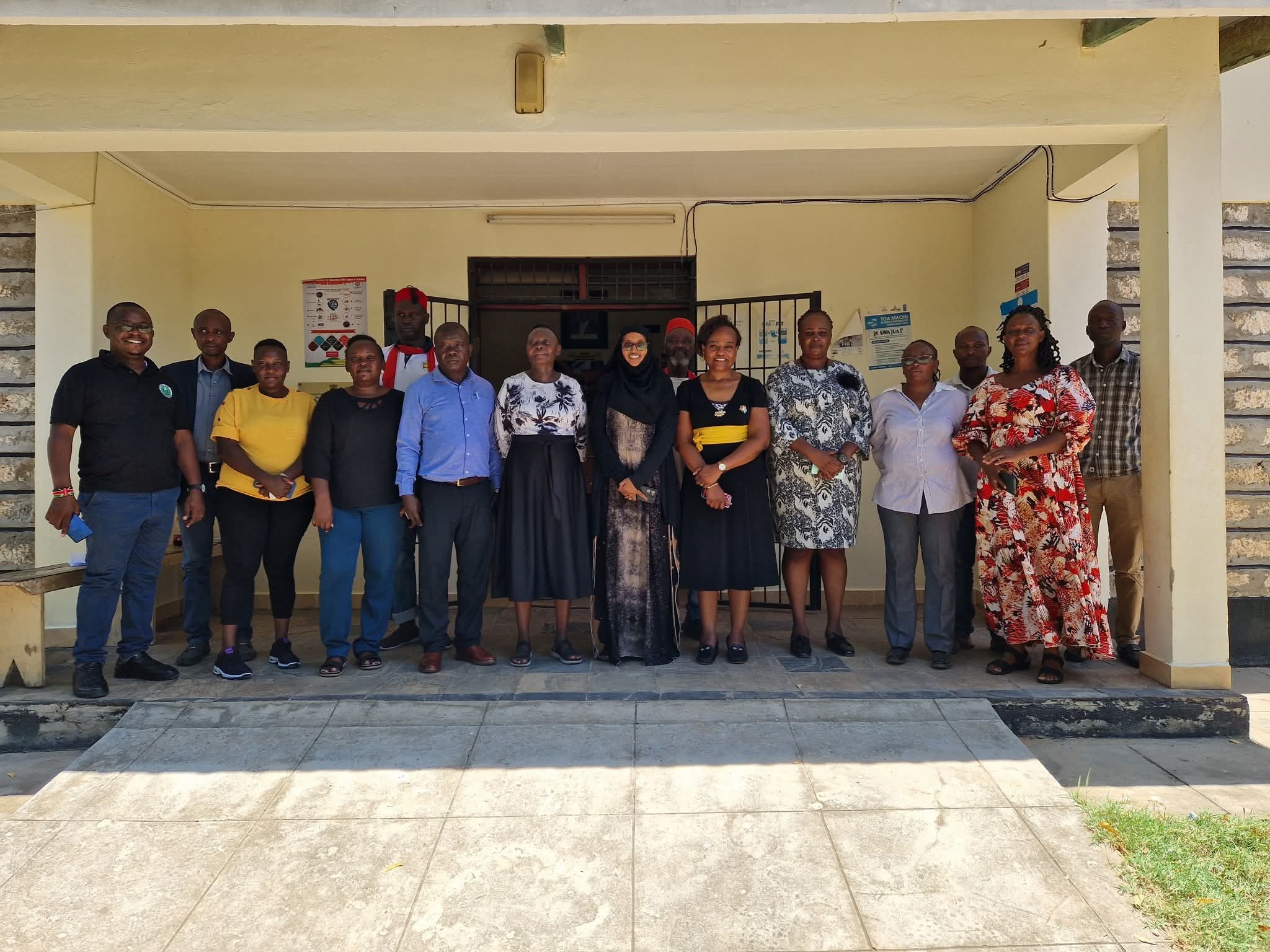Kenya turns to smart tech to curb 44 per cent water losses

The move aims to address the growing non-revenue water (NRW) problem, which stands at 44 per cent nationally, translating to an estimated Sh12.37 billion loss in the 2022/2023 financial year alone.
Kenya is banking on smart technology and cloud-based systems to reduce massive losses in its water sector, as nearly half of the country’s distributed water continues to go unbilled due to poor monitoring, leakages, and outdated infrastructure.
This shift comes after a new partnership between Liquid Intelligent Technologies and DropByDrop Water Systems, a global provider of smart water solutions, to implement intelligent water management systems countrywide.
More To Read
- Historic water project launched to end generations of scarcity in Northern Kenya
- Climate change: How global water crisis could cost trillions
- No mega dams completed yet despite government pledge, Water CS Eric Mugaa
- Water scarcity now a threat to global peace, UNESCO warns
- Turkana water provider rolls out surveillance of water infrastructure to deter vandalism
The move aims to address the growing non-revenue water (NRW) problem, which stands at 44 per cent nationally, translating to an estimated Sh12.37 billion loss in the 2022/2023 financial year alone.
NRW is defined as the gap between the amount of water a utility supplies and the amount that is billed to consumers.
While a 20 per cent loss margin is considered acceptable, Kenya’s current levels indicate deep inefficiencies that continue to weaken the financial sustainability and service capacity of its water utilities.
“Water scarcity is a growing challenge across the continent, and managing this precious resource efficiently is more important than ever. Through our partnership, we’re bringing Liquid’s advanced technology and data-driven solutions to Kenya’s water sector,” said Liquid Kenya Acting CEO Neeraj Pradhan.
He added that digitising water infrastructure and adopting smart systems would help water providers serve their communities better, reduce losses, improve billing accuracy, and open up new revenue opportunities for investments in upgrades and expansion.
A water sector report presented to Parliament in April 2025 revealed that Nairobi leads in water losses, recording a staggering Sh8.5 billion in NRW.
It is followed by Mombasa (Sh1 billion), Kericho (Sh199.4 million), Kwale (Sh183.3 million), Kitui (Sh110.1 million), Sibo (Sh102.7 million), Lodwar (Sh89.1 million), Bomet (Sh68.1 million), and Narok (Sh53.3 million).
The report also pointed out that some water companies did not have master meters installed at intake points, making it impossible to determine accurate water production levels.
As a result, the volume of water lost could not be established, even though these companies were recording revenue from water sales in their financial statements.
According to Liquid Kenya, the rollout of smart water systems will also align with global development goals, helping Kenya meet its environmental, social, and governance (ESG) targets and advance towards the United Nations’ Sustainable Development Goals.
“Water is at the heart of life, yet millions still struggle to access it reliably,” said Khorolsky, International Projects Partner at DropByDrop. “By combining our data-driven water platform with Liquid’s powerful network, we’re creating a future where water is managed sustainably, equitably, and intelligently.”
Top Stories Today












































